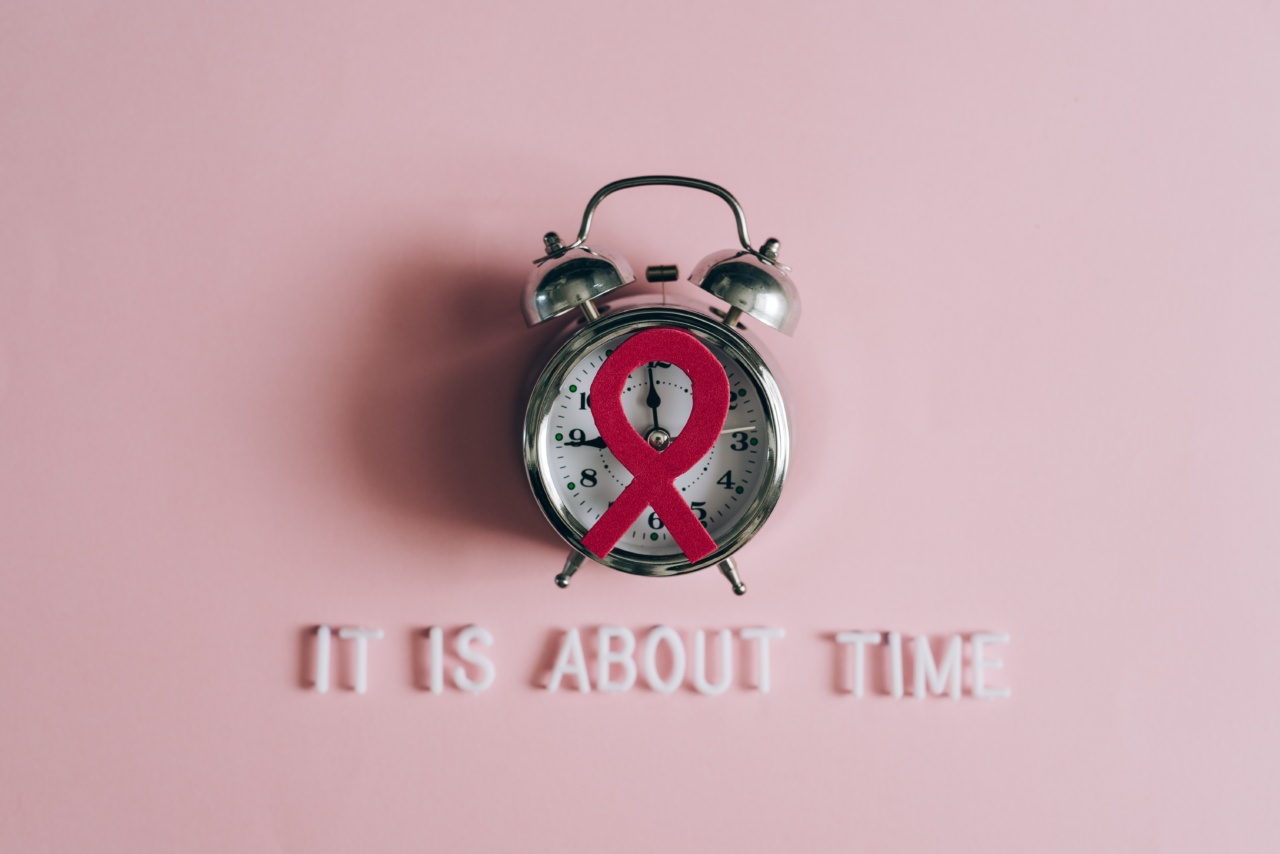World AIDS Day is observed every year on December 1st to raise awareness about HIV and AIDS. It also serves as a reminder to the public and the government to unite and take action against the epidemic of AIDS.
Here are some important facts about HIV and AIDS:.
1. HIV is a virus that attacks the immune system
HIV stands for Human Immunodeficiency Virus, which attacks the immune system and weakens the body’s defense against infections and diseases.
Over time, HIV can destroy so many CD4 cells that the body can’t fight off infections and diseases anymore. When a person’s CD4 count falls below 200, they are diagnosed with AIDS.
2. HIV can be transmitted through bodily fluids
HIV can be transmitted through bodily fluids such as blood, semen, vaginal fluids, and breast milk. It can be transmitted through sexual contact, sharing needles or syringes, or from mother to child during pregnancy, childbirth, or breastfeeding.
3. HIV does not discriminate
HIV can affect anyone regardless of their age, gender, race, or sexual orientation. It is important to know that people living with HIV deserve to be treated with respect and should not be discriminated against.
4. HIV can be prevented
There are several ways to prevent HIV such as practicing safe sex, using condoms, getting tested and knowing your status, avoiding sharing needles or syringes, and taking pre-exposure prophylaxis (PrEP) if you are at high risk of getting HIV.
5. HIV can be treated
While there is still no cure for HIV, it can be managed with antiretroviral therapy (ART). ART is a combination of medications that can suppress the virus, prevent it from multiplying, and reduce the risk of transmitting the virus to others.
6. People living with HIV can lead healthy lives
With proper treatment and care, people living with HIV can lead healthy lives. It is important for them to take their medication as prescribed, eat a healthy diet, exercise regularly, and reduce stress.
7. Discrimination against people living with HIV still exists
Despite advances in HIV treatment and prevention, discrimination against people living with HIV still exists. This can make it harder for them to access healthcare, employment, education, and other basic human rights.
On World AIDS Day, it is important to raise awareness about HIV and AIDS, show support for people living with HIV, and take action to end the epidemic of AIDS.































